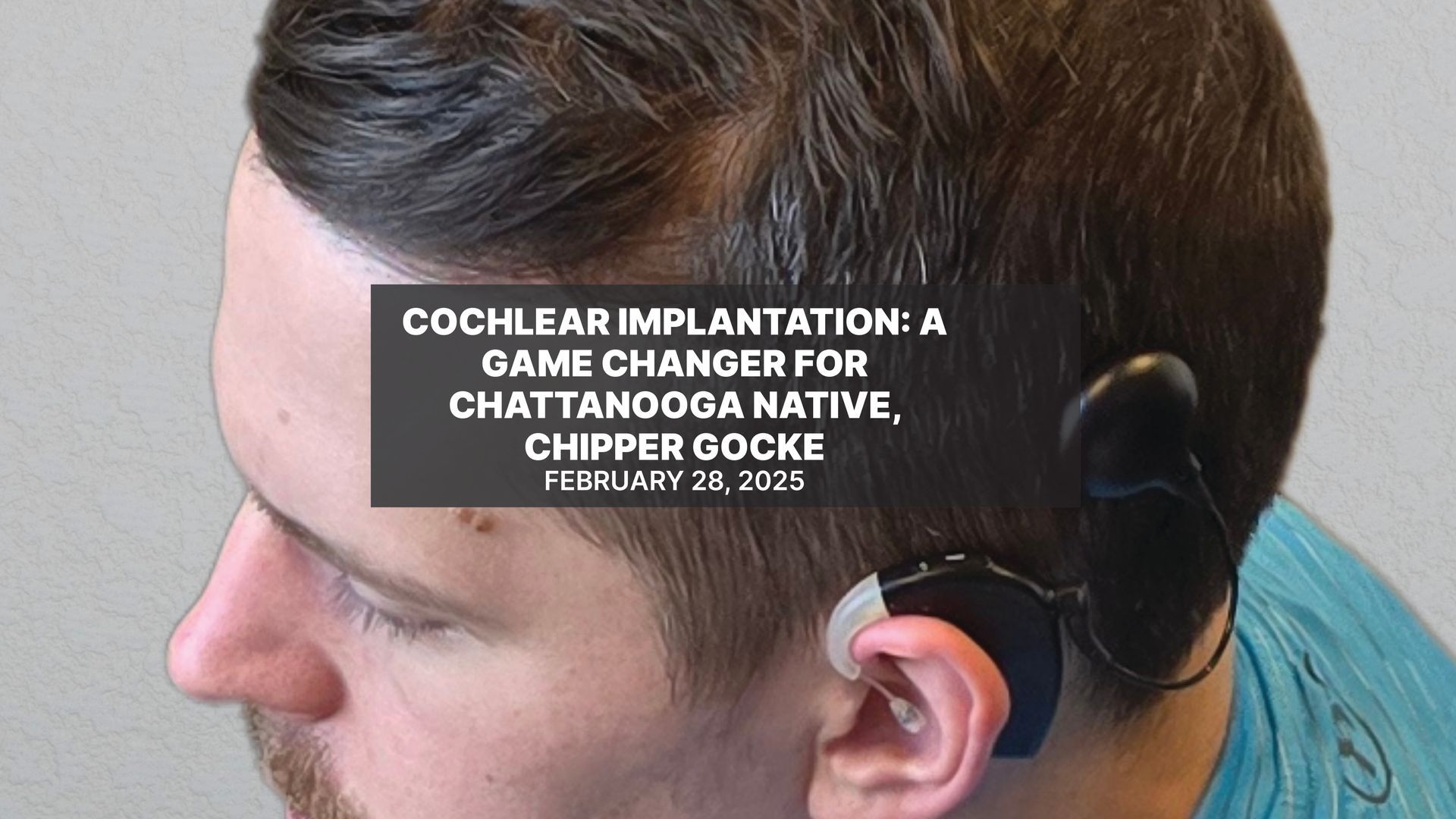Silencing the Noise: The Benefits of Tinnitus Therapy

Tinnitus may be an unfamiliar word to you. Yet the chances are you’re familiar with the condition since tinnitus affects 15 percent of Americans. People experiencing tinnitus hear ringing, buzzing, hissing, or whistling. The sounds they hear don’t have a source in the external environment. In most cases, people with tinnitus perceive a sound that doesn’t exist.
For many people, tinnitus is a mild annoyance. For others, the symptoms are severe. These individuals have a chronic condition that disrupts their sleep and other activities of daily living. Also, another health problem may be the cause of tinnitus. Therefore, someone with any level of tinnitus symptoms needs to be evaluated by an audiologist.
In our practice, we sometimes see patients who have spent years living with untreated tinnitus. Usually, these patients weren’t aware their condition could be managed. It troubles me every time I encounter a patient who has struggled with tinnitus for years. The sooner someone with tinnitus visits us, the sooner that individual can experience the benefits of tinnitus therapy.
What is Tinnitus Therapy?
Although there isn’t a cure for tinnitus, we can manage it. Tinnitus therapy is widely recognized as an effective method of reducing or eliminating tinnitus symptoms. Tinnitus therapy is a generic term for various strategies that use sound to alleviate the condition’s symptoms. Tinnitus therapy is sometimes referred to as sound therapy.
Tinnitus therapy involves using sound to reach goals such as:
- Lowering or eliminating the loudness of tinnitus
- Take the patient’s attention away from tinnitus
- Substituting the unwanted noise with a sound that isn’t troublesome
- Tinnitus therapy teaches the brain to perceive tinnitus differently, which gives the individual the ability to filter out the noise.
Common Methods of Tinnitus Therapy
We customize tinnitus management based on the patient’s needs. The following are conventional approaches to implementing tinnitus therapy. However, this is not an exhaustive list of tools and techniques to manage tinnitus.
Environmental Enrichment
A silent environment makes people more aware of their tinnitus. Adding sound to the environment reduces a patient’s perception of tinnitus. The sound needs to create a pleasant distraction for the patient. Some patients find it helpful to use music or television as background noise. Others prefer sounds played by tinnitus relief apps, CDs, or tabletop sound machines.
At night, most patients prefer relaxing sounds to promote sleep. Many patients benefit from playing nature sounds (ocean waves, rain, waterfalls, etc.), listening to a tabletop fountain, or operating a fan for its sound.
Wearable Tinnitus Maskers
These devices are also known as wearable sound generators. They offer a wide range of sound frequencies. Although these devices look much like hearing aids, they function differently. Wearable tinnitus maskers produce sound to fully or partially cover (mask) tinnitus. Partial masking works by taking the patient’s attention away from the disruptive noise.
Hearing Aids
Often, individuals who are also living with hearing loss obtain relief from tinnitus by using a traditional hearing aid. Devices with an open fit typically are of most benefit for treating tinnitus.
Combination Devices
These devices are also for people who are experiencing both hearing loss and tinnitus. Combination devices are wearable devices that combine the functions of a hearing aid and tinnitus masker. Many types of combination instruments are available. The device’s sound generation feature may provide broadband signals, narrow-band noise, or even fractal tones.
Benefits of Tinnitus Therapy
Tinnitus robs people of their quality of life. The ultimate goal of tinnitus therapy is to improve the quality of life. Patients often report feeling controlled by their tinnitus. When patients begin to manage tinnitus, they regain their sense of control over their lives.
Specifically, tinnitus therapy reduces or eliminates the noise. Patients notice that their ability to concentrate and their sleep improves. All of these benefits lower the level of anxiety and frustration patients experience due to their tinnitus.
Success Stories from Our Patients
Tinnitus therapy works. At Johnson Audiology, we have successfully treated countless tinnitus patients. Here’s what a couple of them said about their therapy.
Before his tinnitus treatment at our clinic, Howard Leary had difficulty understanding what others were saying in person and on television. Here’s what he had to say:
“I told them my problem with tinnitus and Dr. Johnson said ‘well I think I can fix that,’ and she did. I don’t hear the ringing at all anymore…It’s really great.”
Kevin Brakebill lived with tinnitus for seven years. Unfortunately, healthcare providers at other facilities had told him nothing could be done to manage his tinnitus. The good news is they were wrong. This is what he said about our treatment:
“Dr. Johnson selected a specialized hearing aid with tinnitus management that has helped me so much, I do not notice it anymore.”
Are you ready to experience the benefits of tinnitus therapy? At Johnson Audiology, our tinnitus patients receive a custom treatment plan based on the findings of our examination. Contact us to schedule a hearing evaluation.




